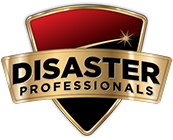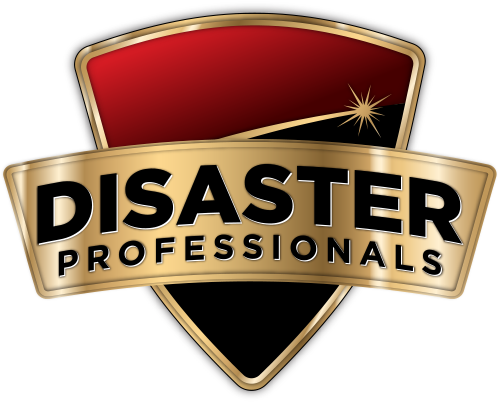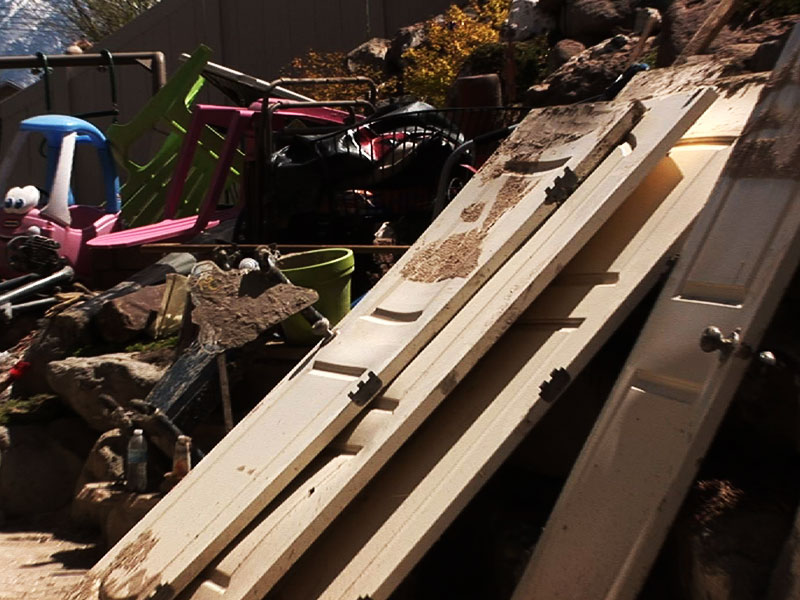Unknown Earthquake Facts
It’s common knowledge among Utah residents that the state is overdue for an earthquake. But how ready are we for the big one? Here are some earthquake facts and preparedness tips to help you and your family be better equipped for any earthquake you may encounter.
Earthquake Facts You Need to Know
1. Earthquakes are happening every second, whether you notice them or not. There are around half a million earthquakes recorded every year. Of these, only â…• can be felt, and about 100 cause damage.
2. It’s not the earth shaking by itself that claims lives. Loss of life during an earthquake is usually attributed to the collapsing of man-made buildings. Deaths and major damage also occur from natural disasters triggered by the earthquake such as tsunamis, avalanches, fires, and floods.
3. Earthquakes often don’t come solo. Aftershocks are earthquakes that follow shortly after major earthquakes as the rocks settle back into place. While they are usually smaller than the initial earthquake, the can still cause extensive damage and hinder rescue and disaster recovery attempts.
4. If you are inside a building when an earthquake hits, immediately drop down onto your hands and knees. Cover your head and neck with your arms to shield yourself from any falling debris. If it’s possible to move, get away from any windows, unsecured items on the walls or ceiling, and furniture that could fall on you. If you are in danger of falling debris from the ceiling, crawl under a desk or table.
Be Prepared
Most Utahns already have a 72-hour kit and an emergency preparedness plan for their families. While essential to increasing your chance of survival and recovery, this isn’t all the preparation that you need to do. Your home can prove to be the greatest threat during a high magnitude earthquake, endangering both you and your loved ones. Take steps to make your house more earthquake secure.
1. Go around your home and secure any items that could fall or break during an earthquake. These unsecured items can cause heavy damage and injuries. Secure bookshelves, cabinets, televisions, mirrors, dressers, etc. Also try to position beds and couches away from overhanging items and windows.
2. Structural collapses are responsible for around 75% of deaths during an earthquake. Unfortunately, most homes in utah are not structurally prepared to withstand a large-scale earthquake. This is a severe issue when 80% of Utah’s population lives in close proximity to fault lines. When an earthquake hits, you want to be sure that your house can stand its ground. Contact a structural engineer to evaluate your home’s structure and help strengthen areas that would be in danger during an earthquake. If you are in the process of buying a new home, make sure that it is earthquake resistant according to local building codes. Also make sure you have an emergency restoration company in mind for help with disaster recovery in the event of a damaging earthquake.
While almost all of Utah residents know of the threat, few are fully ready for a high magnitude earthquake. With so many risks, dismissing the possibility of experiencing the big one in your lifetime could prove to be disastrous. Take the time to properly educate and equip yourself today.
Do you have any questions? Contact Disaster Professionals for emergency restoration services and help on how to prepare yourself for earthquakes.



